You might have noticed that there are two categories of sun protection: sunscreen and sunblock. The primary distinction between them lies in their mechanisms of action. Sunscreen is made up of chemicals that absorb ultraviolet (UV) rays before they reach your skin, while sunblock serves as a physical barrier, blocking UV rays from penetrating your skin.
Health experts have demystified the details of sunscreen and sunblock differences, exploring the advantages and disadvantages of each. Here’s what you need to know to make an informed decision when choosing sun protection.
Understanding the Basics of Sunscreen and Sunblock Difference
Sunscreen and sunblock offer protection from harmful UV rays, but they function differently. Sunblock creates a physical barrier that prevents UV rays from reaching your skin, while sunscreen absorbs UV rays before they can affect your skin.
What is Sunscreen?
The term "sunscreen" typically refers to chemical sunscreens. These contain ingredients like oxybenzone, avobenzone, octisalate, octocrylene, homosalate, or octinoxate, which absorb the sun's UV rays before they reach your skin. Chemical sunscreens are known for being easy to apply without leaving a white residue.
When you apply sunscreen, the active ingredients absorb the UV rays, converting the radiation into a small amount of heat that is released from the skin. This prevents the UV radiation from penetrating into the deeper layers of skin where it can cause damage like burns, premature aging, and skin cancer.
Most sunscreens protect against both UVB rays (the burning rays) and UVA rays (the aging rays). The SPF (Sun Protection Factor) number on the label indicates the level of protection provided against UVB rays only. Higher SPF numbers mean more protection from UVB rays.
What is Sunblock?
Sunblock, also known as a physical sunscreen, functions differently. Its active ingredients, usually zinc oxide or titanium dioxide, reflect and scatter UV rays, preventing them from penetrating the skin.
Unlike chemical sunscreens that absorb rays, physical sunblocks act as an actual block reflecting and preventing UV absorption into the skin. They provide broad-spectrum protection against both UVB and UVA rays.
The sunscreen and sunblock difference lies in their active ingredients and mechanisms of action. Sunscreens absorb UV rays while sunblocks deflect and scatter them away from the skin.
How to Apply Sunscreen vs. Sunblock?
The methods for applying sunscreen and sunblock also differ. Sunscreen must be rubbed into the skin and should be applied 20 minutes before exposure to ensure it’s absorbed and effective. Sunblock, acting as a physical barrier, can be applied directly and works immediately upon application.
When applying sunblock, ensure even coverage, as UV rays can impact any exposed skin area, no matter how small. Although sunblock might leave a white cast, modern formulations often minimize or eliminate this effect, whereas chemical sunscreens typically leave no trace.
Despite their different mechanisms, both sunscreen and sunblock are crucial for protecting against sunburn, sun poisoning, and skin cancer.
If you are someone struggling with oily skin, don't forget to check out the salicylic acid moisturizer for oily skin.
Which Is Better - Sunscreen or Sunblock?
Both sunscreens and sunblocks can provide adequate sun protection when used correctly and reapplied frequently. The best choice depends on your skin type, sun exposure level, and personal preferences.
Physical sunblocks tend to be better for sensitive skin and children as the mineral blockers are less likely to cause skin irritation compared to some chemical sunscreen ingredients. However, sunblocks can leave a white, pasty residue when applied thickly.
Chemical sunscreens rub in more easily and are more cosmetically elegant, although some people prefer to avoid oxybenzone due to potential hormone disruption concerns.
For optimal protection, many dermatologists actually recommend using a combination of chemical sunscreen with a physical sunblock on top to get the benefits of both UV absorption and deflection.
The Verdict?
The best sun protection product is one that suits your preferences and meets your needs. Whether you opt for sunscreen or sunblock, there are key factors to keep in mind.
Both sunscreens and sunblocks are rated with a Sun Protection Factor (SPF). The American Academy of Dermatology (AAD) recommends using a product with an SPF of at least 30, which blocks 97% of UVB rays. Higher SPF values offer slightly more protection, but no product can block 100% of UV rays.
UVB rays are a type of ultraviolet light that contributes to the risk of skin cancer and is known for causing sunburns. In understanding the sunscreen and sunblock difference, it’s crucial to recognize that UVB protection is one of their primary functions. Another type of UV light, UVA, is associated with skin aging and tanning and penetrates the skin more deeply. UVA was once considered less harmful but is now recognized for its potential to cause skin cancer. UVA rays can pass through windows and clouds and are commonly used in tanning beds. Sun protection products are designed to offer broad-spectrum protection, guarding against both UVA and UVB rays.
No matter which product you choose, including the Sunscreen for Oily Skin Dermatologist Recommended, be sure to apply a generous amount of broad-spectrum sunscreen or sunblock with an SPF of 30 or higher around 20-30 minutes before sun exposure. Reapply every two hours or after swimming or sweating for continued protection.


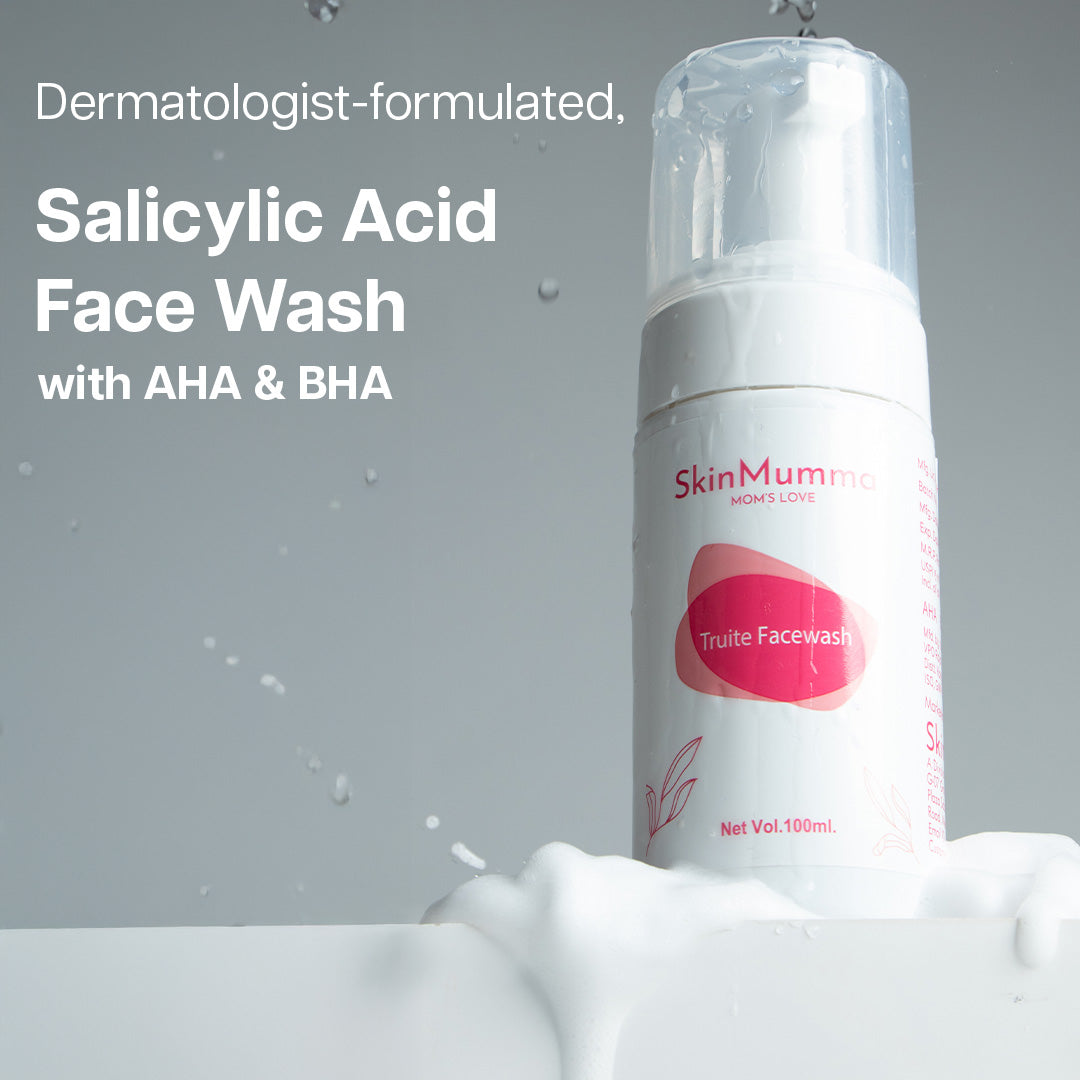
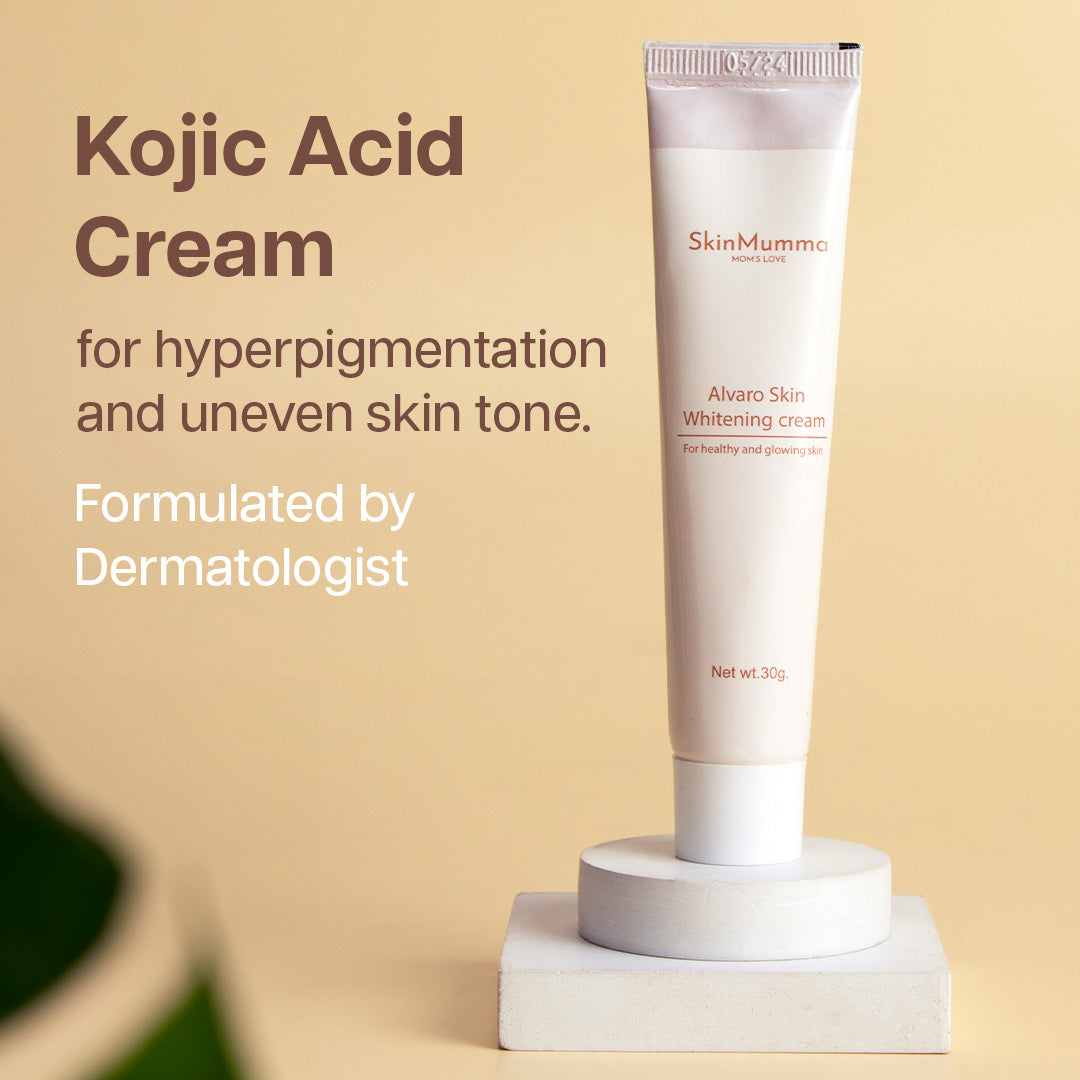
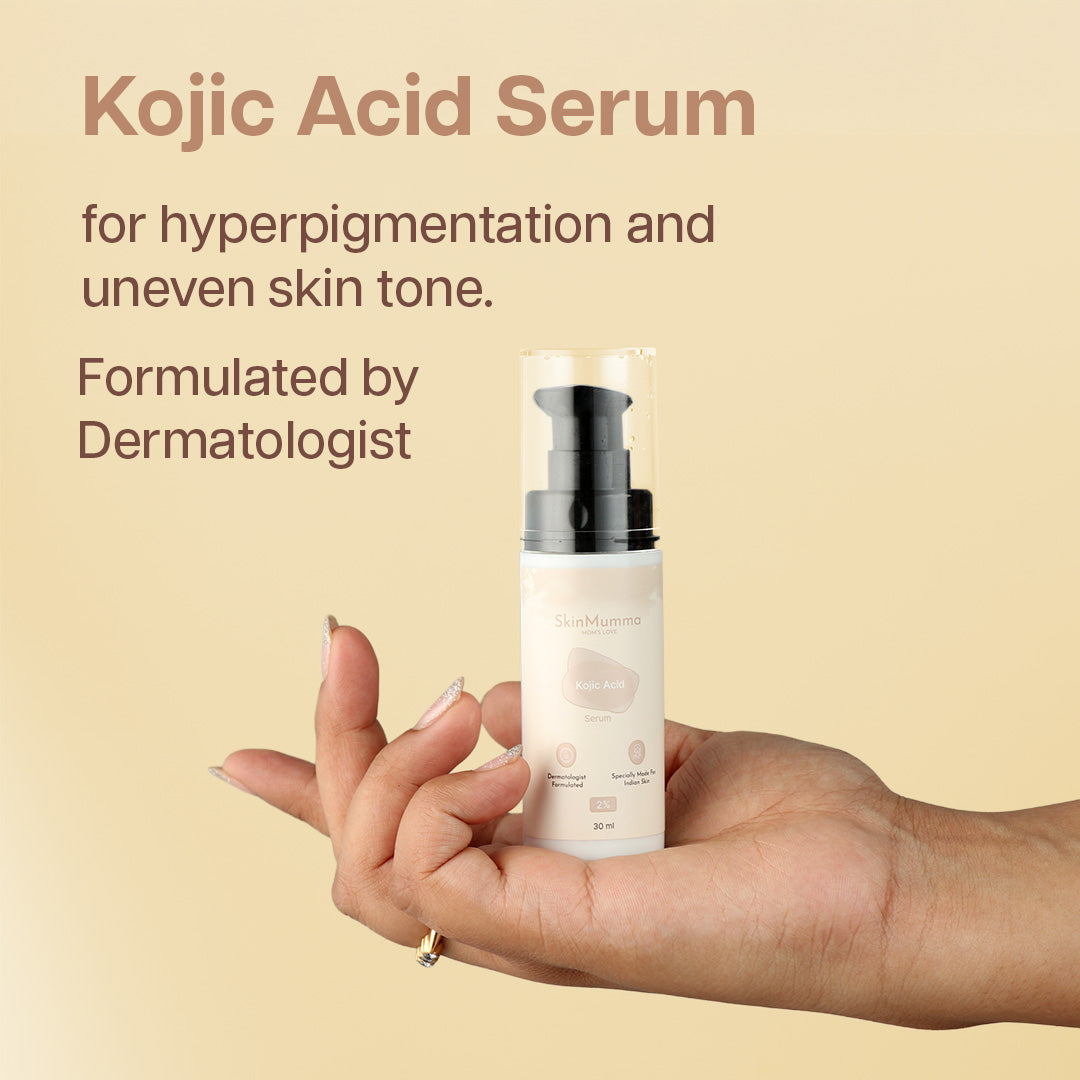
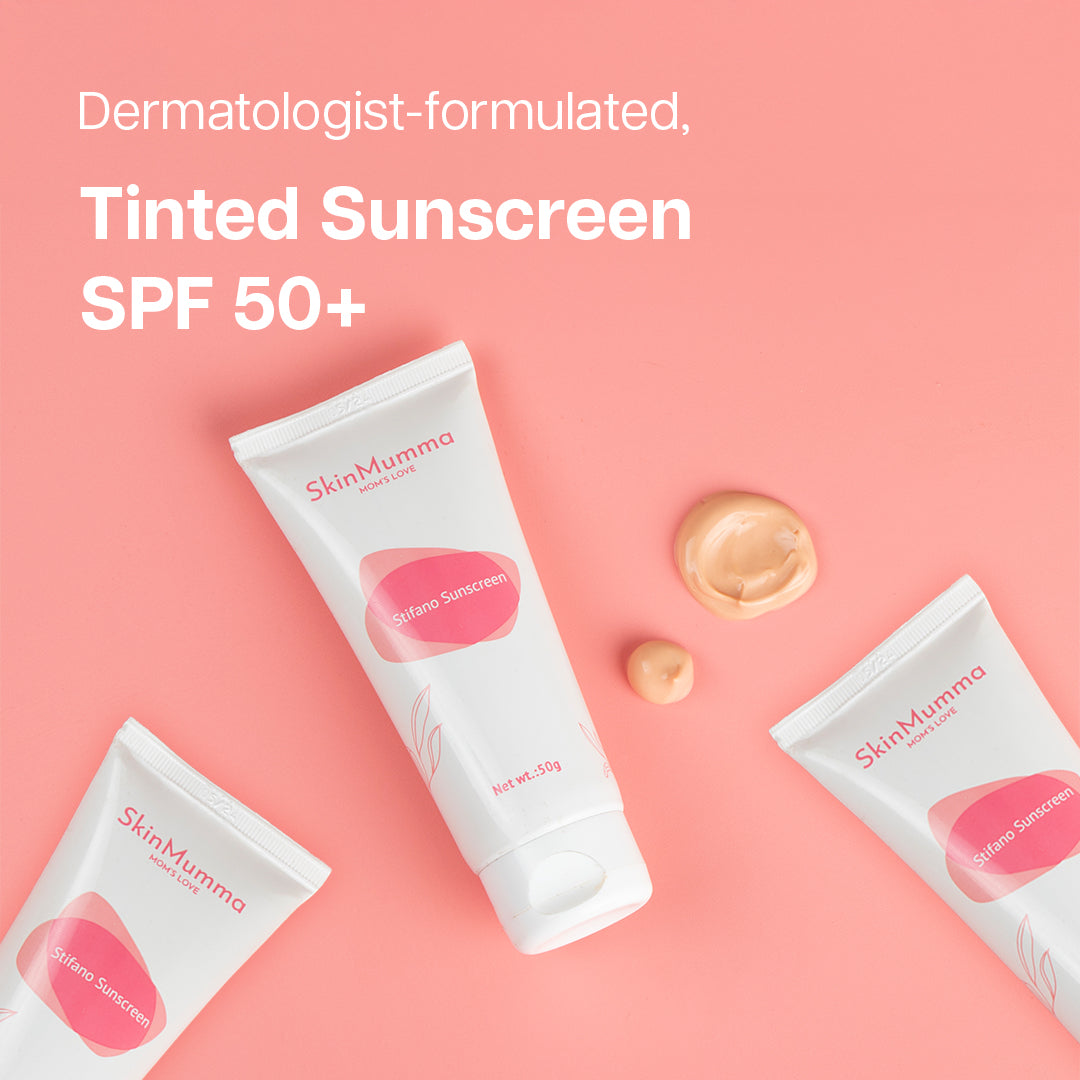
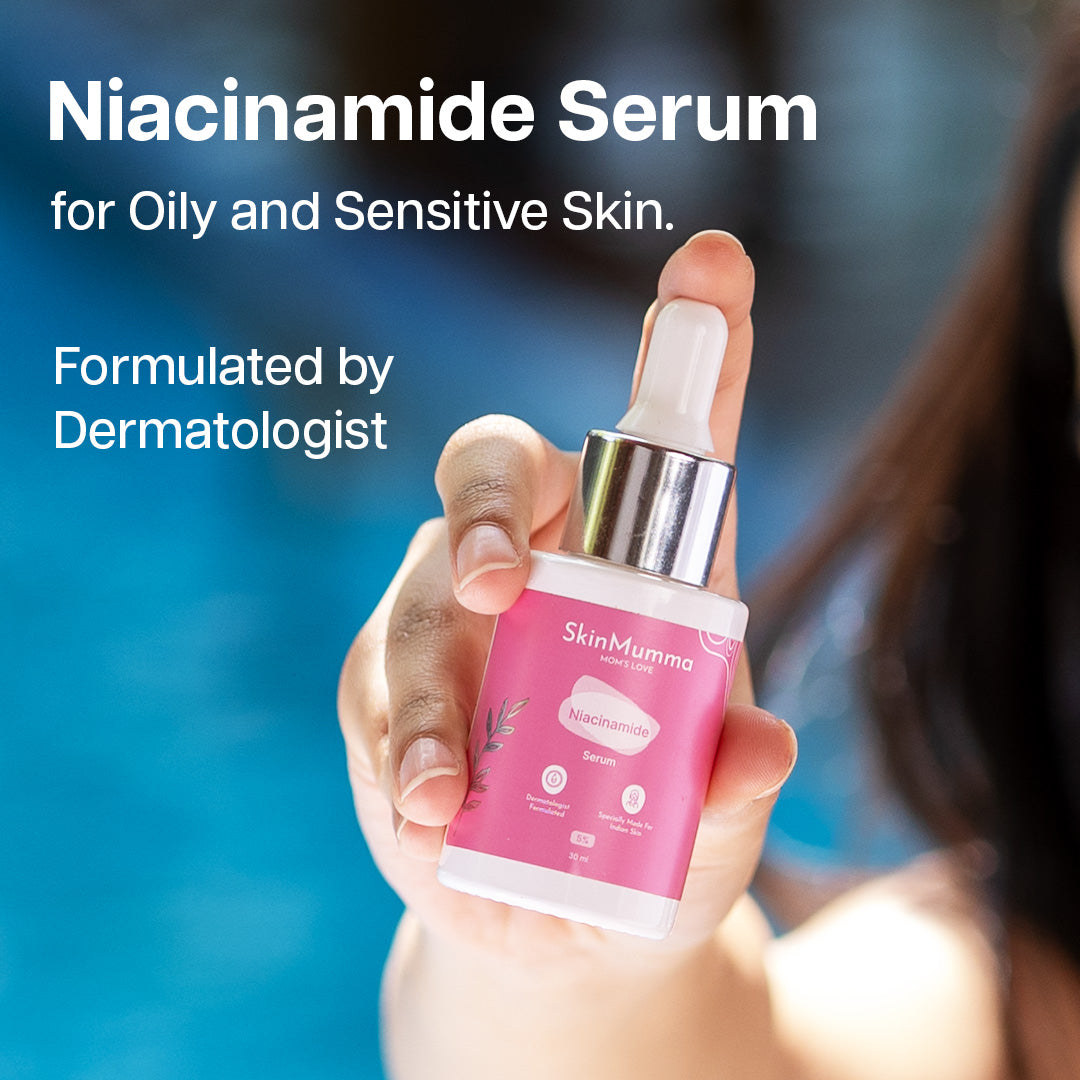
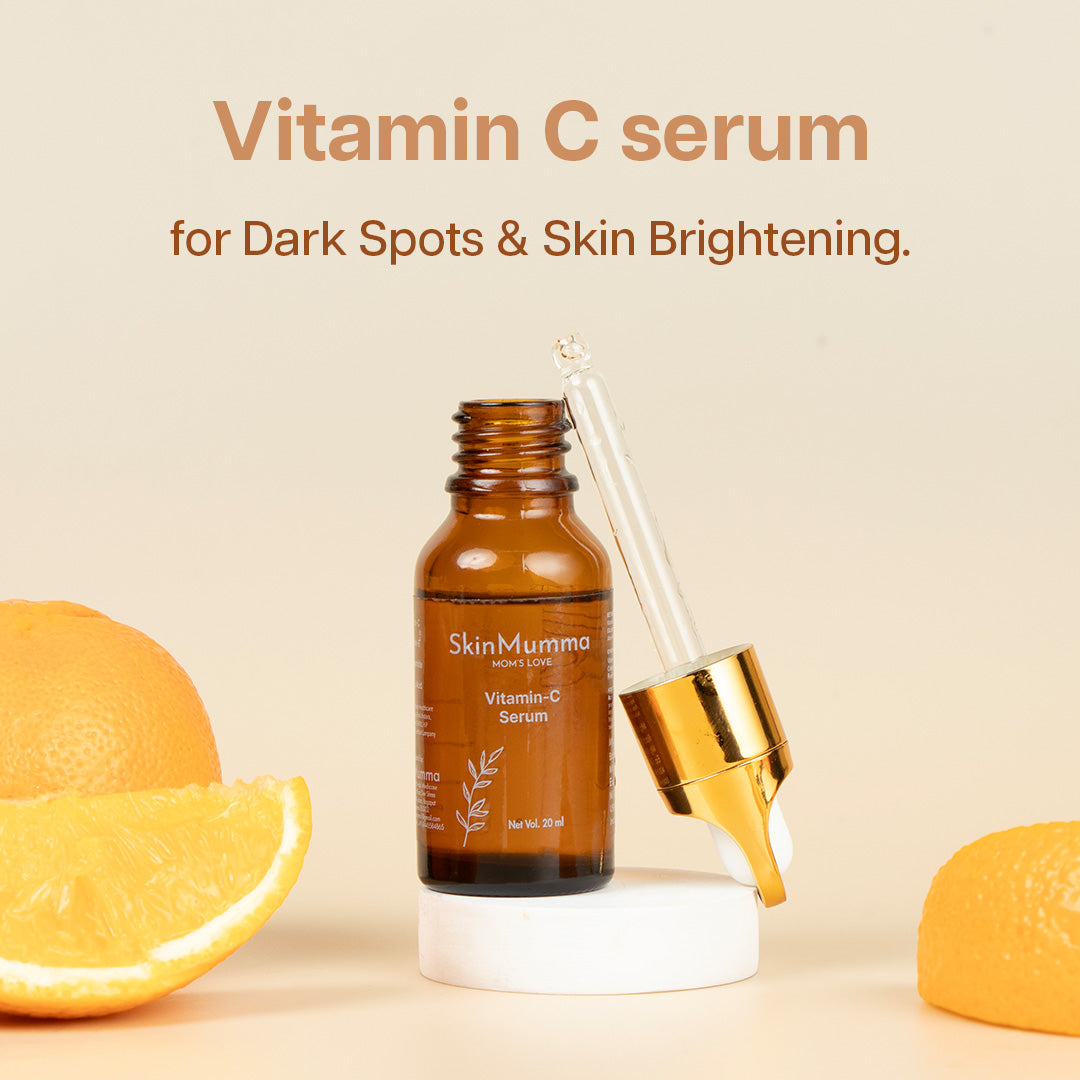




Dr Manisha Bindal is the senior dermatologist and laser skin expert with more than 25 yrs of experience in clinical practice. She has to her credit various advanced skin care procedures and Laser skin treatment protocols including chemical peels, fillers, threads and injections. You can trust the expert hands for any skin or hair related problems or any procedure if need be.